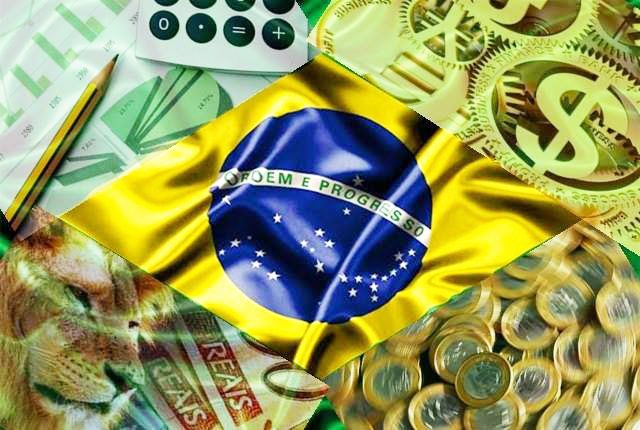- Agribusiness giants like French Dreyfus Company (LDC), Cofco International and Dutch multinational Glencore Agriculture will participate in this project
- There were around 500 thousand contracts that were negotiated by the firms to buy and sell
- According to Petya, the firm aims to gently bring all grains and oilseeds’ process of shipment together in bulk
To simplify trade and manage the Brazilian agricultural sector, American agricultural giant Bunge and Cargill, has partnered with commodities trading and shipping industry Covantis, to create a joint venture, to use blockchain technology to track grains in the country.
This unmatched project anticipates exchanging the information among all members of Covantis. Some of the agribusiness giants will also participate in this project, like French Dreyfus Company (LDC), and Cofco International, a China’s state-owned company, and Dutch multinational Glencore Agriculture.
How will blockchain help the agriculture sector?
For the economical growth of the agricultural sector, blockchain technology is the safest method. It is important for the industry to use next generation technologies to establish digital identities, ensured property rights, and enhanced communication. Blockchain helps the sector to increase financial inclusion, as it allows the user to circumvent middlemen, and so this will also help the data to get more transparent and immutable, only once the data gets uploaded. It can help to trace unalterable information in the supply chain of food. By recording real-time transactions and updating demand and supply information to the participants it can rectify all vulnerabilities and lack of information, meanwhile it also leads to better pricing and payment options. Blockchain can also increase trust between parties by reducing transaction costs.
There were around 500 thousand contracts that were negotiated by the firms to buy and sell. However, the first test was carried out at the port of Santos in between July and August 2020, for the platform of blockchain. The test involved 11 companies, generally traders, producers and originators. According to Petya Sechanova, the CEO of Covantis, their firm can be the leader of the sector and lead by modernizing, digitizing and streamlining the processes.
Australia is the best example for using blockchain technology in the agricultural sector and growing their industry with take full benefit of blockchain technology.
Aim of Covantis
According to Petya, the firm aims to gently bring all grains and oilseeds’ process of shipment together in bulk, from all its founding companies around the world. After Brazil, Covantis is planning to use its blockchain solutions in Argentina and the United States.
Aim of this partnership?
These companies are jointly aiming to make Covantis carry approx 550 million tons of grains and oilseeds every year. The main goal of this partnership is to fuse the data of the agricultural sector and ease the communication among all the participants. This project could help the project to improve the logistics processes at the ports, all using blockchain. It is expected that the official platform will launch by next year.
Join The Coin Republic’s Telegram Channel for more information related to CRYPTOCURRENCY NEWS and predication.
Download our App for getting faster updates at your fingertips.

With a background in journalism, Ritika Sharma has worked with many reputed media firms focusing on general news such as politics and crime. She joined The Coin Republic as a reporter for crypto, and found a great passion for cryptocurrency, Web3, NFTs and other digital assets. She spends a lot of time researching and delving deeper into these concepts around the clock, and is a strong advocate for women in STEM.


 Home
Home News
News










